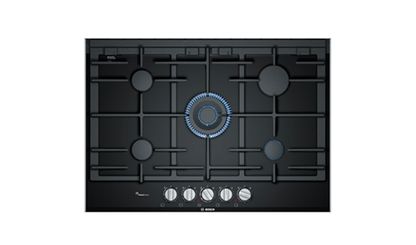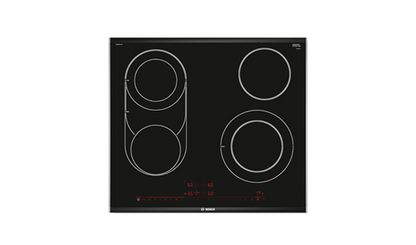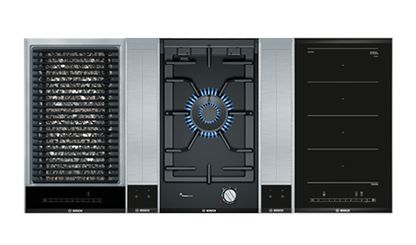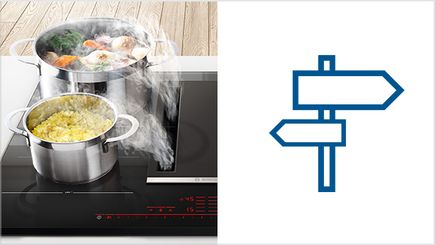Looking to whip up a quick fix to snack on the go, or impress your guests with a lovely spread? There's nothing that you cannot achieve with the extensive range of hobs available today, in their various sizes and heating modes.
Hobs
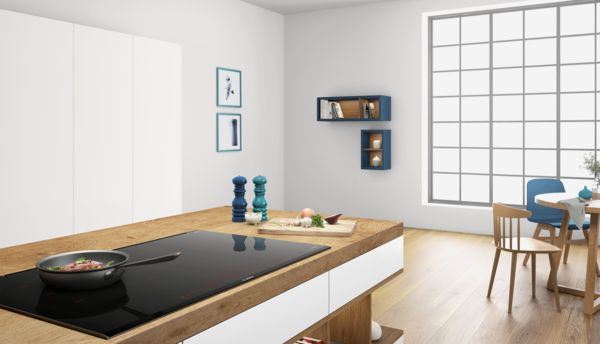
We cannot do without a hob for cooking and heating. Besides the traditional gas stove, we also have efficient and induction cooktops to meet the needs of our modern lifestyles.
Discover the common types of hobs to serve your cooking needs.

Gas
Gas burners on the stove heat up your cookware directly with strong open flames when they are ignited.

Induction
Electromagnetic coils beneath a ceramic glass surface induce heat in specific types of cookware.
Select a hob that best fits your kitchen habits and cooking styles.
Key considerations
If you're having troubles choosing the right hob, here are some quick pointers that allow you to narrow down your choices at a glance.

- Cleaning ease
- If you hope to achieve spotless cooktops with ease, and induction hobs would fulfill your requirements.

- Cooking flexibility
- If your cooking styles require the use of a wide range of pots, pans and the likes, gas hobs would fit your needs.

- Heating power
- If you value cooking speed and efficiency, induction hobs would meet your needs, while ensuring maximum safety.
Use the slider to watch how the heating power of an induction hob compares with its alternatives.



Countertop space
Your choice of hob would also depend on your available workspace. Here are the common dimensions of hobs that you can choose from.

- 90 cm
- The larger sized hobs are recommended for the home chefs or those with larger families.

- 60 cm
- The standard sized hobs are sufficient to satisfy the needs of the regular home cook.

- 40 cm
- The teppanyaki induction hob is perfect for those who prefer a grilled feast.

- 30 cm
- The compact sized hobs are perfect for those who seek maximum flexibility in cooking.
Watch how the Domino hobs allow you to mix and match different heating methods according to your desired preference.


Take note of the energy source your hob requires for proper functionality.

Utilities
Verify your gas supply and electrical power that your home receives, so that your hobs work.
Protect your kitchen appliance and supplies to maximise their lifespans.

Ventilation
Ensure that there is a ventilation channel buil within your counter so that heat from your hob can dissipate more quickly.

Insulation
Insert an intermediate horizontal panel directly under the countertop to prevent heat transfer and protect your drawer contents.



